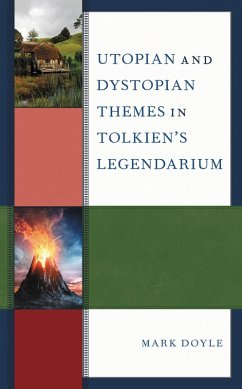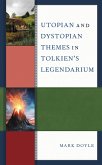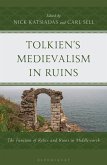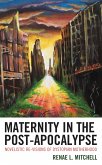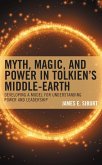Utopia and Dystopia in Tolkien's Legendarium explores how Tolkien's works speak to many modern people's utopian desires despite the overwhelming dominance of dystopian literature in the twentieth and twenty-first centuries. It also examines how Tolkien's malevolent societies in his legendarium have the unique ability to capture the fears and doubts that many people sense about the trajectory of modern society. Tolkien's works do this by creating utopian and dystopian longing while also rejecting the stilted conventions of most literary utopias and dystopias. Utopia and Dystopia in Tolkien's Legendarium traces these utopian and dystopian motifs through a variety of Tolkien's works including The Hobbit, The Lord of the Rings, The Silmarillion, Book of Lost Tales, Leaf by Niggle,and some of his early poetry. The book analyzes Tolkien's ideal and evil societies from a variety of angles: political and literary theory, the sources of Tolkien's narratives, the influence of environmentalism and Catholic social doctrine, Tolkien's theories about and use of myth, and finally the relationship between Tolkien's politics and his theories of leadership. The book's epilogue looks at Tolkien's works compared to popular culture adaptations of his legendarium.
Bitte wählen Sie Ihr Anliegen aus.
Rechnungen
Retourenschein anfordern
Bestellstatus
Storno

